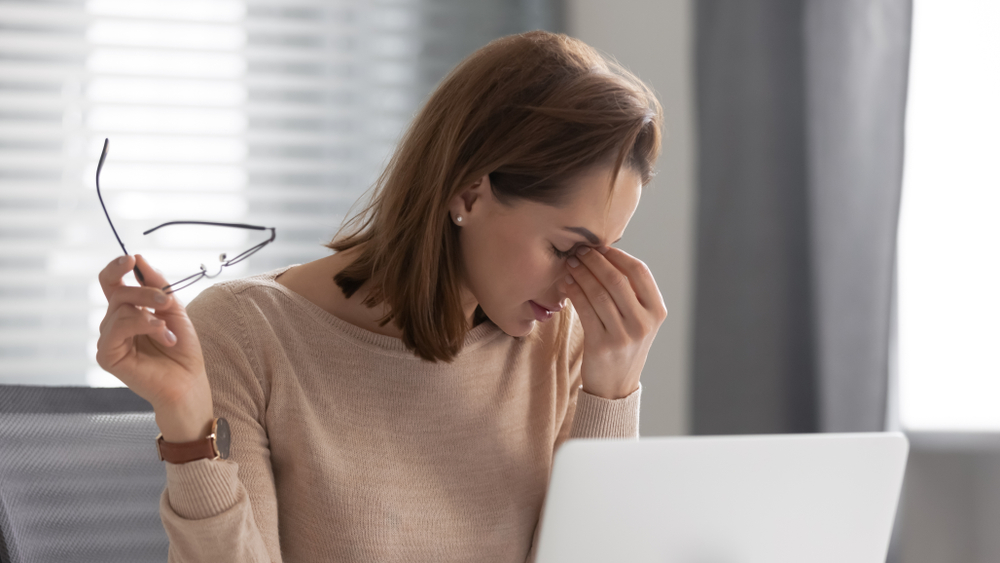
In today’s digital world, children and adults alike are spending more time in front of screens than ever before. From online learning to gaming and social media, screen time has become a significant part of daily life. While technology has its benefits, it also raises concerns - especially when it comes to eye health. One growing issue is myopia, or nearsightedness, and its increasing prevalence among children and teenagers.
The Link Between Screen Time and Myopia
While genetics play a strong role in the development of myopia, environmental factors are increasingly being recognized as key contributors. Excessive screen time, especially on handheld devices, often leads to prolonged near work and reduced time spent outdoors - both of which are associated with the progression of myopia.
Children who engage in more than two hours of screen time per day and spend little time outdoors are at a higher risk for developing myopia and experiencing faster progression. Encouraging regular breaks, practicing the 20-20-20 rule (every 20 minutes, look at something 20 feet away for 20 seconds), and increasing outdoor playtime can all help reduce the strain on young eyes.
Why Regular Pediatric Eye Exams Are Essential
Regular pediatric eye exams are essential for detecting vision problems early, ensuring healthy visual development, and supporting a child’s overall growth and learning. Many vision issues can develop without obvious symptoms, making routine exams critical for timely diagnosis and treatment. Clear vision is closely tied to academic success, social development, and coordination, so identifying and addressing any concerns early helps children thrive in and out of the classroom. Pediatric eye exams also allow eye care professionals to monitor changes over time and provide guidance on protecting long-term eye health.
When to Consider Myopia Management
If your child’s vision continues to worsen despite lifestyle changes, or if they are at risk for developing high myopia, it may be time to consider professional myopia management treatment. At Bluehouse Eyecare, we offer several clinically proven options to help slow the progression of myopia:
Orthokeratology (Ortho-K): These specially designed rigid contact lenses are worn overnight to gently reshape the cornea. Ortho-K allows for clear daytime vision without glasses or contacts and has been shown to slow myopia progression in children.
Atropine Eye Drops: Low-dose atropine drops are used daily to reduce the eye’s growth rate, effectively managing the progression of myopia. They’re often recommended for younger children or those showing rapid progression.
Multifocal Soft Contact Lenses or Glasses: These lenses provide different prescription zones to help the eye focus more evenly, which can help slow myopia development. They are a comfortable and effective option for many children.
Protect Your Child’s Vision at Bluehouse Eyecare
While reducing screen time and increasing outdoor activities can positively impact your child’s eye health, they may not be enough to stop myopia from worsening. If your child is nearsighted or showing signs of progression, it’s important to explore personalized treatment options with our optometrist.
At Bluehouse Eyecare, we’re here to help you protect your child’s vision for the future. Schedule a pediatric eye exam to learn more about the best myopia management plan for your family. Contact our office in Closter, NJ, by calling (201) 768-2020 to book an appointment today.










